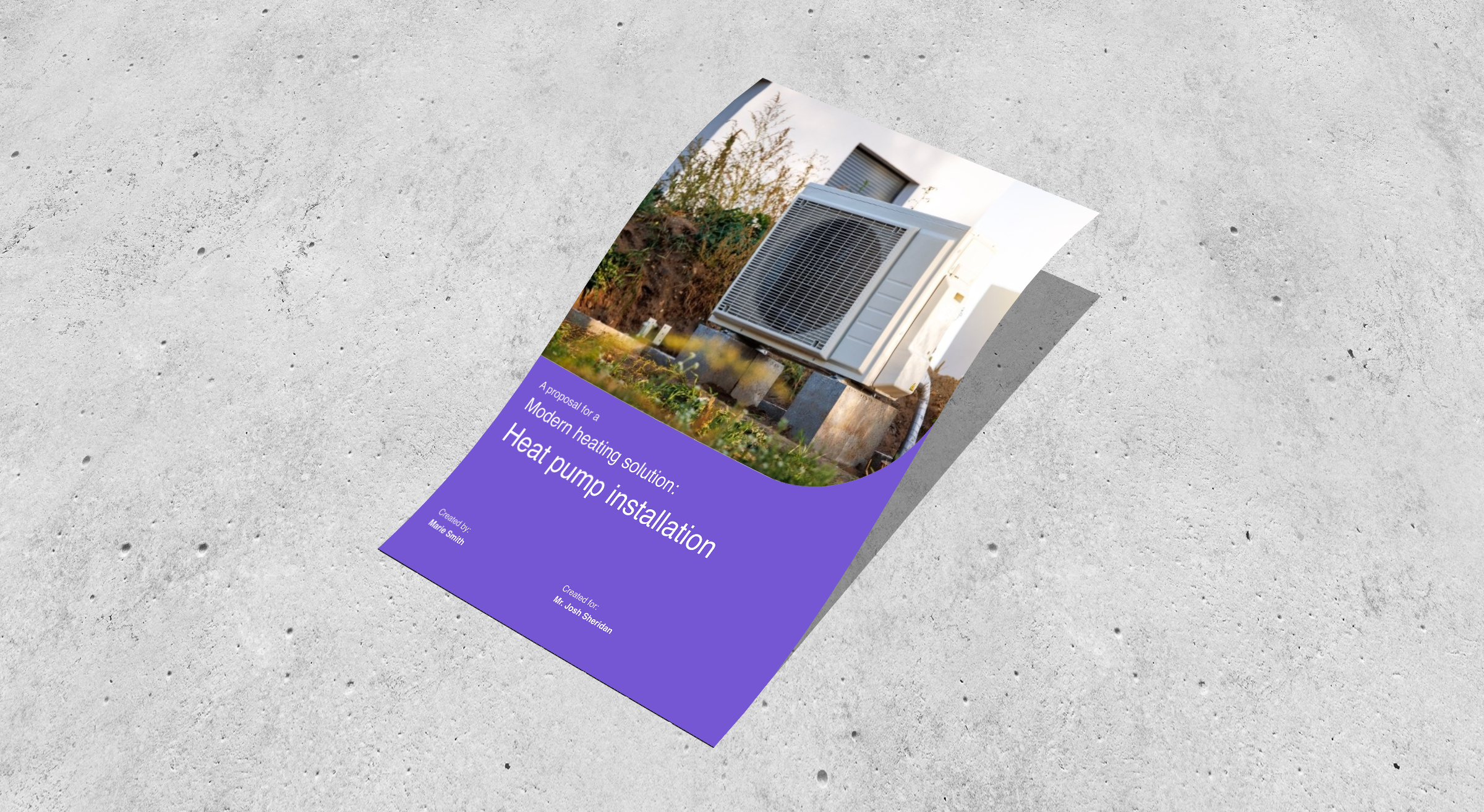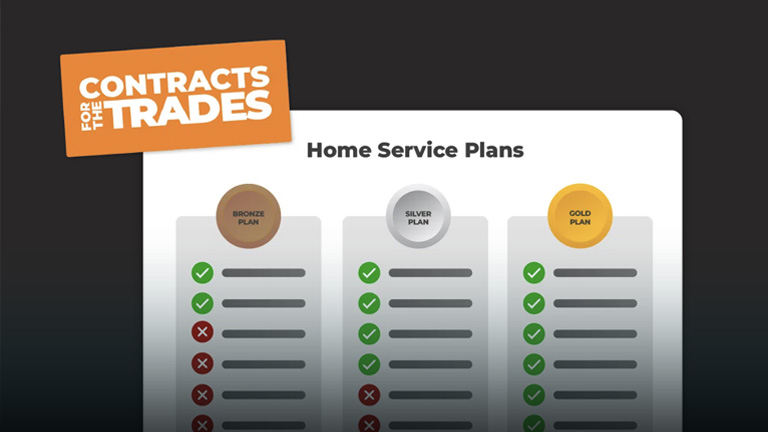What is a Gas Tightness Test and When is it Needed?
April 26, 2023 | Read: 6 minutes

What is a gas tightness test? This blog will explore the ins and outs of this essential gas service safety check.
We’ll cover why, when, and how engineers carry out a gas tightness test. We’ll also highlight how software tools can make life easier for your team, too!
A gas tightness test is a simple but important process that can ensure the safety of industrial and commercial gas pipework and installations.
Tests can occur annually on their own, or be included as part of a larger gas safety job.
The Gas Safety (Installation and Use) Regulations 1998 clarify that business owners are responsible for ensuring that any gas installation located on their premises is safe to use.
Carrying out regular testing helps to ensure that a customer’s equipment remains in safe working condition.
Below, you can discover more about gas tightness testing, as regulated by industry standards IGE/UP/1:2003 with 2004 amendments & IGE/UP/1A: 2003.

What is a Gas Tightness Test?
Gas tightness testing, also called gas leak detection, is a procedure carried out by a qualified gas engineer.
These tests are performed on gas meters by an engineer to determine if gas is flowing correctly and at the appropriate pressure levels.
These tests help engineers to determine whether industrial or commercial gas pipework and installations are safe to use. Regular testing can also highlight appliance wear and tear.
During a gas tightness test, which typically takes just a couple of minutes to perform, the gas engineer will survey the gas installation and check for any obvious faults or gas leaks.
These checks will help them to identify any subtle issues that could suggest an installation will need to be repaired.
A tightness test is a useful act of planned preventative maintenance and can minimise the risks of more serious problems developing.
Why do you Need Gas Tightness Testing?
The Gas Safety (Installation and Use) Regulations 1998 state that business owners are responsible for the safe maintenance of any gas installation located on their premises:
It shall be the duty of every employer or self-employed person to ensure that any gas appliance or installation pipe work installed at any place of work under his control is maintained in a safe condition so as to prevent the risk of injury to any person.
IGEM
The Institute of Gas Engineers & Managers technical standards recommends that pipe systems and appliances should be regularly inspected. This means that gas tightness testing should become a frequent occurrence for every company’s (or homeowner’s) health and safety.
Regular checks make it more likely that a problem will be discovered, fixed, and thus prevent hazardous issues from occurring.
Failure to ensure the safety of a gas installation can leave business owners open to significant costs and liabilities.
It’s not just wallets or reputations that are at risk, but human lives and personal livelihoods, too.
What Happens During a Tightness Test?
A gas tightness test is a critical safety procedure to ensure protection for both a property and its occupants.
For accuracy and safety, this test must be performed by a qualified Gas Safe registered engineer.
The primary goal of a gas tightness test is to verify the integrity of gas pipework and ensure that no gas is escaping.
This is achieved by measuring the pressure within the system and monitoring for any drops.
The process unfolds in a series of carefully executed steps:
1. Initial Safety Inspection
Before the test begins, the engineer will conduct a thorough visual inspection of your gas installation. This includes checking for any obvious faults in the pipework and appliances, ensuring the emergency control valve is accessible and clearly marked, and confirming the presence of necessary safety labels.
2. The “Let-By” and Tightness Test
The core of the procedure involves the use of a specialised pressure gauge called a manometer.
The engineer will connect this to your system to perform two key tests:
- The Let-By Test: This initial check confirms that the emergency control valve is fully functional and not allowing any gas to “let by” when in the closed position.
- The Tightness Test: The main event involves pressurising the system to a specific level. The engineer will then closely monitor the manometer for a set period. A stable reading indicates a “tight” and safe system.
3. Detecting and Addressing Leaks
If the pressure drops during the tightness test, it signifies a leak.
The engineer will then need to trace the source of the leak. This may involve inspecting joints, connections, and appliances throughout the installation.
Once located, the engineer will advise on the necessary repairs. It is a legal requirement to address any identified gas leaks before the system can be deemed safe.
4. Certification and Peace of Mind
Upon successful completion of the test, with no leaks detected or after any necessary repairs have been made and the system has passed a re-test, the engineer can issue a gas safety certificate.
This document serves as official proof that your gas installation has been professionally inspected and meets all legal safety standards, providing you with crucial peace of mind.
Many engineers now use specialised gas engineer software to issue and manage these gas certificates digitally, ensuring a secure and accessible record of your gas safety checks. From scheduling, paperwork, photos, to sign-off: it’s all possible to manage with software.
When should a Tightness Test be carried out?
A gas tightness test can be carried out for different reasons, depending on the circumstances of either the residential or commercial property.
With no changes at the property (i.e. someone’s home) a tightness test alone isn’t necessarily required annually. However, if a homeowner is selling their property, or if new owners are moving into a commercial building, then a tightness test will be required.
Gas safety checks, however, are a legal annual requirement (every twelve months). Considering that a tightness test is a short and routine form of inspection that takes just a few minutes for an experienced engineer to carry out, it’s good practice to perform a tightness test annually, but also as part of any gas safety check.
This strategy is recommended by the government in their gas safety check guide for landlords. It states that a tightness test should be included in a gas engineer’s annual gas safety check of a customer’s appliances.
Organise you service appointments with Commusoft:
As mentioned, it’s recommended that tightness tests are carried out annually, so how exactly do you keep track?
Well, the best way to remind customers that a gas safety test needs to be conducted is to send them a notice with service reminder software before the date is due.
This is something that job management software can transform for you and could help you to generate a lot of extra business.
Do you need help making the most of every day?
Commusoft can help…









